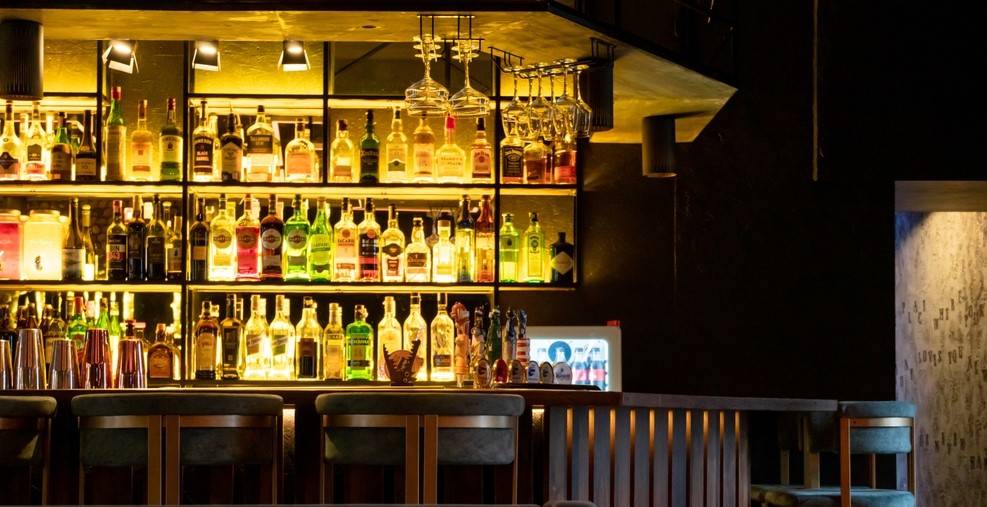Florida High Court Gave Bars a Big Win, But There Are Additional Ways to Reduce Liability Risk
Florida High Court Gave Bars a Big Win, But There Are Additional Ways to Reduce Liability Risk
Owners of bars, taverns, restaurants and other establishments serving alcohol kept a close eye on a case before the Supreme Court of Florida this year. At issue was a $28.6 million jury verdict against a bar awarded to a young woman catastrophically injured when she was hit by a pickup truck driven by an underage 20-year-old who had been drinking at the bar.
Lawyers for the defendant bar argued that any fault by the young woman – who, at 18, also had been drinking and had walked into the path of the pickup – should reduce the bar’s liability. The trial judge wouldn’t let the bar mount that defense, but the Florida high court ruled in March that the judge was wrong. The justices said the judge should have allowed the “comparative fault” defense to be presented to the jury, setting a precedent that will help reduce liability risk for Florida establishments that serve alcohol.
We will explain why the ruling in Guardianship of Jacquelyn Anne Faircloth vs. Main Street Entertainment Inc., No. SC2022-0910, is so significant. But we also want owners of alcohol establishments to know that they can take measures that will reduce liability exposure without having to pay a lawyer or fight a case all the way to the Supreme Court.
What Is a Dram Shop?
The Florida Supreme Court case dealt with the state’s comparative fault statute, section 768.81, and whether it applies to lawsuits against vendors who willfully and unlawfully sell alcohol to underage patrons, resulting in the patron’s intoxication and related injury. These suits are allowed under what’s called the “dram shop exception.”
First, what does “dram shop” mean? It is a legal definition that refers to a tavern, bar or other establishment where alcoholic beverages are furnished. The term comes from the traditional English unit of measurement “dram,” used when shops sold spirits. “Dram shop liability” refers to the body of law governing the liability of taverns, liquor stores and other establishments engaged in the commercial sale of alcohol.
Florida’s section 768.125, titled “Liability for Injury or Damage Resulting from Intoxication,” specifically pertains to establishments like bars, pubs and taverns that serve alcohol in in the state. The law says that someone who sells or provides alcoholic beverages to a person of lawful drinking age cannot be held liable “for injury or damage caused by or resulting from the intoxication of such person.”
The dram shop exception is this: Someone who “willfully and unlawfully” sells or provides alcoholic beverages to an underage person or “knowingly serves a person habitually addicted to the use of any or all alcoholic beverages may become liable for injury or damage caused by or resulting from the intoxication of such minor or person.”
The law establishes a general rule that establishments like taverns, bars or pubs will not be liable for injury or damage caused by the actions of someone of lawful drinking age. Courts have held for nearly 30 years that the purpose of this rule is not to create liability so much as to abolish the common law rule that had favored taverns serving alcohol to minors.
Tort Reform and Comparative Fault
Florida underwent massive tort reform in 2023, including changing how verdicts can be reduced based on the plaintiff’spercentage of negligence. Prior to the reformation, Florida was a “pure” comparative fault state where the jury would apportion fault among the responsible parties and the plaintiffs’ damages would be proportionally reduced based upon their percentage of liability. That means if damages were found to be $1 million but the plaintiff was found to be 60 percent at fault, they would be awarded only $400,000.
The new standard, codified in Florida section 768.81(6), states: “In a negligence action to which this section applies, any party found to be greater than 50 percent at fault for his or her own harm may not recover any damages.”
The key phrase in the new standard is “negligence action.” That is because in the recent case, the Florida Supreme Court ruled that an action under section 768.125 – the law pertaining to liability for injury or damage caused by intoxication – is a negligence action. That means that those lawsuits are bound by the new comparative fault rule.
This decision greatly favors bars, restaurants and other alcohol establishments because plaintiffs found to be more than 50 percent at fault for their injuries cannot collect damages. The application of the new comparative fault rule to dram shop cases arising after March 2023 will change the assessment of these lawsuits. Plaintiffs’ lawyers may be less interested in pursuing cases in which their potential clients demonstrated poor judgment before suffering injuries. Settlements may be easier to reach as well.
Practical Tips for Vendors
While this new case is beneficial to vendors, establishments serving alcohol can reduce their risk even more than a court decision can accomplish. Taking any or all of these time-tested, common-sense actions can help prevent incidents and, should one occur, can show that establishments made good faith efforts to avoid them. They include:
- Ensuring that every patron’s identification and age are checked – without exception.
- Covering the entry and exit points of your establishment with staff who will check identification of patrons – again, without exception.
- Training employees working at your establishment regarding laws and liability on underage drinking.
- Enforcing zero-tolerance policies for legal violations and the knowing sale of liquor to underage patrons by staff.
- Ensuring supervisors consistently monitor bar staff and patrons to promote safety and reduce risk.
- Considering turning away or limiting patrons known by staff to be habitually addicted to alcohol.
These are just a few basic tips you can employ today to potentially reduce future liability for your establishment. For a more detailed consultation, contact an attorney to discuss how the recent changes in the law may influence your business.
This article was originally published by Modern Restaurant Management on July 29, 2024 and is republished here with permission.










